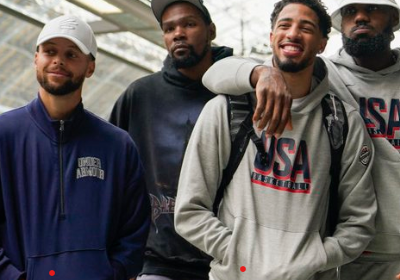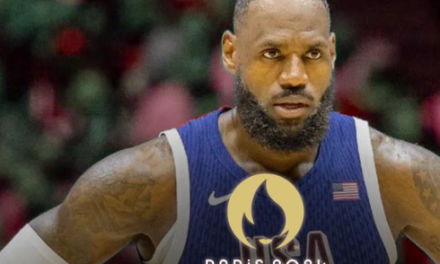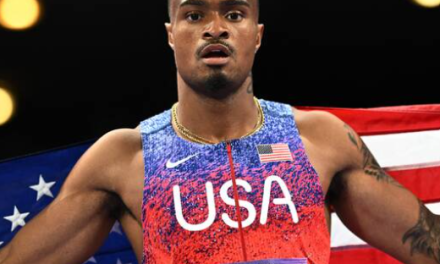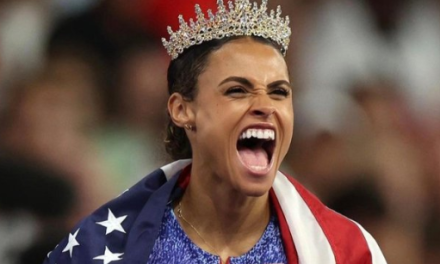The 2024 Olympic Games in Paris are set to feature one of the most competitive men’s basketball tournaments ever, with teams like Canada, Australia, Spain, France, Germany, and Serbia preparing to challenge the dominant Team USA. Led by superstars such as LeBron James and Stephen Curry, Team USA faces challenges due to a lack of continuity and limited time to adapt to FIBA rules, which include smaller courts and shorter games.
PARIS OLYMPICS 2024 MEN’S BASKETBALL: TEAM USA, FORMAT, MATCHES, VENUES
The Paris 2024 Olympics are set to showcase thrilling men’s basketball action, with Team USA as a key contender. The tournament features 12 teams, including heavyweights like the USA, Spain, Australia, and… pic.twitter.com/aiLbvuOoUS
— Live Updates (@LiveupdatesUS) July 26, 2024
Team USA has historically dominated Olympic basketball, winning gold in the last four Olympics. However, the international landscape has shifted, with more NBA players now representing their home countries, creating stronger competition. Unlike the U.S., where players often lack experience playing together in international formats, countries like Spain, Serbia, and Australia have rosters with players who have been competing together for years, building a cohesive unit.
The American team, despite its talent, faces challenges in quickly developing team chemistry. The American basketball system is fragmented, with players rarely growing up in the same ecosystem. This lack of continuity contrasts sharply with other nations where players often come through the same youth clubs and professional teams. The U.S. team’s preparation is also complicated by the NBA’s demanding schedule and the increasing emphasis on load management for star players.
Tonight EXCLUSIVELY on @WMCActionNews5 at 6! @TeamUSA Men’s Basketball National Team Managing Director @realgranthill33 tells us why @memgrizz star @JaMorant didn’t make the Olympic team! pic.twitter.com/8LbZygr2G7
— Doc Holliday (@The_DocHolliday) July 26, 2024
Team USA’s coaching staff, including head coach Steve Kerr and assistant coach Erik Spoelstra, acknowledges the difficulties in building a cohesive unit quickly. The team has traditionally relied on the immense individual talent of its players, but the rest of the world is catching up in skill level and team play. The U.S. has moved away from requiring multi-year commitments from players, which has further impacted continuity.
The increasing talent pool in international basketball is evident. Nations like Canada and Australia have not only NBA players but also a deep understanding of FIBA play. Countries such as Greece and Serbia boast some of the best players in the world, while France’s youth movement, led by Victor Wembanyama, is expected to make a significant impact.
WOW: Stephen Curry, a future Hall of Famer in basketball and a crucial player for the US men’s basketball Olympic team, shows his support for Vice President Kamala Harris and commends President Joe Biden for putting the country’s well-being first. pic.twitter.com/yEDKnu3t9E
— Popular Liberal 🇺🇸 (@PopularLiberal) July 26, 2024
As older stars like James, Curry, and Kevin Durant near the end of their careers, there are concerns about the next generation of American superstars. The U.S. will need to develop a more sustainable system to maintain its dominance. The lack of young American MVPs in recent years highlights the challenge ahead. The current approach of selecting the best players without tryouts or a long-term development plan may not be sufficient as the global talent pool continues to grow.
Key Points:
- 2024 Olympics will be highly competitive in men’s basketball.
- Team USA faces challenges due to lack of continuity and FIBA adaptation.
- Other nations benefit from cohesive units and consistent player development.
- Global talent in basketball is rising, with strong international teams.
- The U.S. needs a sustainable development system to maintain dominance.
Kirk Volo – Reprinted with permission of Whatfinger News







